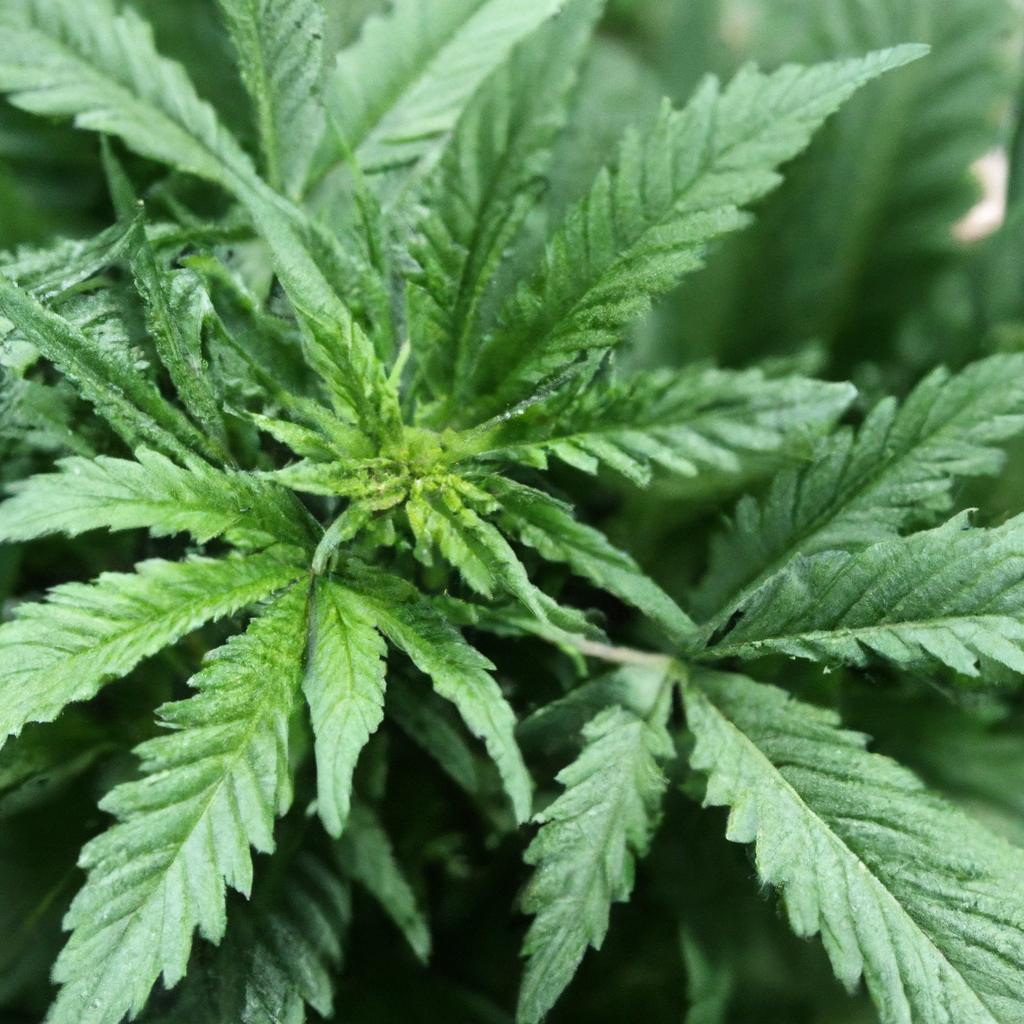Your cart is currently empty!
In a world increasingly conscious of environmental impact, organic cannabis cultivation is gaining momentum as a sustainable and health-conscious choice. By embracing natural fertilizers, compost, and eco-friendly pest control, growers can build healthier soil ecosystems and produce high-quality cannabis. This guide explores best practices for organic cannabis growing, focusing on sustainability and natural methods.
Introduction to Organic Cannabis Cultivation
Organic cannabis cultivation is about more than just avoiding synthetic chemicals. It involves creating a balanced ecosystem where plants can thrive naturally. This method of growing not only benefits the environment but also ensures a cleaner, chemical-free product for consumers.
Natural Fertilizers for Nutrient-Rich Soil
Natural fertilizers are key to successful organic cannabis cultivation. They enrich the soil without introducing harmful chemicals. Popular organic options include:
- Compost: Home-made compost is rich in nutrients and beneficial microbes that promote healthy soil.
- Fish Emulsions: Packed with essential nutrients, fish emulsions are excellent for boosting plant growth.
- Bone Meal: This slow-releasing fertilizer is a great source of phosphorus, crucial for root development.
- Seaweed Extract: Provides a comprehensive range of micronutrients and boosts overall plant resilience.
Building and Maintaining a Healthy Soil Ecosystem
A healthy soil ecosystem is the foundation of any organic grow. Here’s how you can build it:
- Composting: Regularly add organic waste to your soil to improve its structure and nutrient content.
- Cover Crops: Use plants like clover to fix nitrogen levels in the soil and prevent erosion.
- Mulching: Retain moisture and suppress weeds with a layer of organic mulch.
- Beneficial Microbes: Introduce mycorrhizal fungi and other microbes to enhance nutrient uptake and plant health.
Natural Pest Control Methods
Organic growers often face challenges with pests, but there are eco-friendly solutions available:
- Companion Planting: Plant herbs like basil and marigold near cannabis to repel pests naturally.
- Neem Oil: A natural pesticide that deters a variety of common pests without harming beneficial insects.
- Beneficial Insects: Release ladybugs and predatory mites to control pests naturally.
- Diatomaceous Earth: Sprinkle around plants to deter slugs and other soft-bodied insects.
Why Choose Organic Cannabis?
Organic cannabis not only offers environmental benefits but also provides a higher quality product for consumers. By avoiding synthetic chemicals, the risk of harmful residues is minimized, resulting in safer and more aromatic cannabis. Additionally, organic growing methods promote biodiversity and healthier ecosystems.
Conclusion
Embracing organic cannabis cultivation is a rewarding journey that benefits both the grower and the environment. By using natural fertilizers, maintaining rich soil ecosystems, and employing eco-friendly pest control methods, cultivators can achieve sustainable and high-quality cannabis production. As consumer demand for clean, environmentally friendly products grows, organic cannabis stands out as a superior choice.
Key takeaway: Organic cannabis cultivation is a sustainable, environmentally friendly approach that offers quality benefits for both growers and consumers.
Discover more from Magic Clones
Subscribe to get the latest posts sent to your email.


Leave a Reply